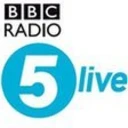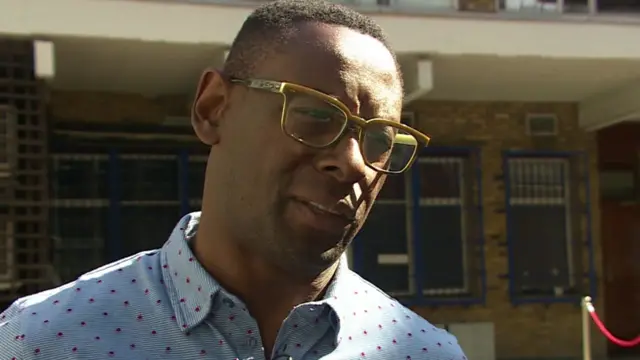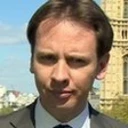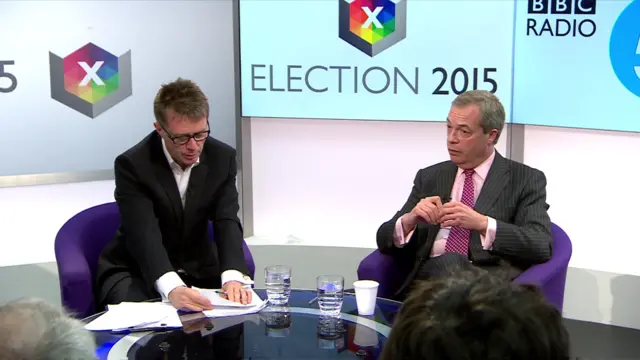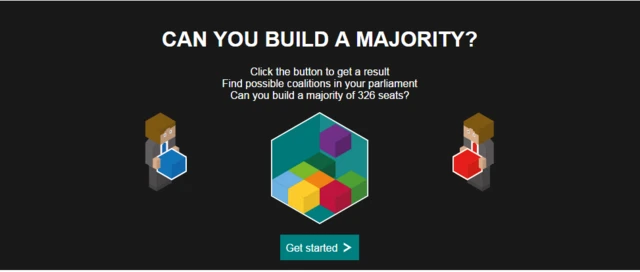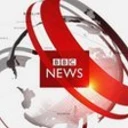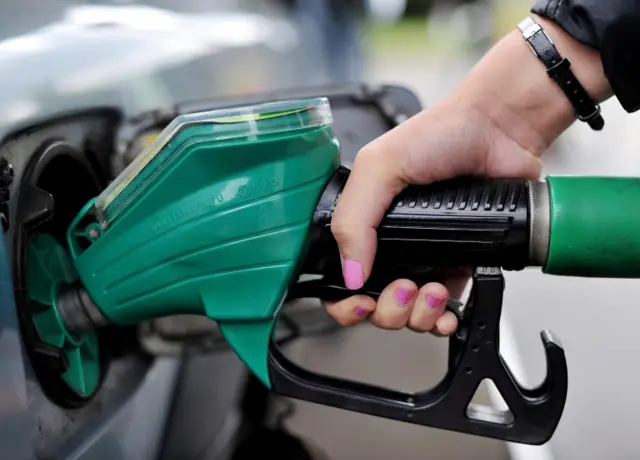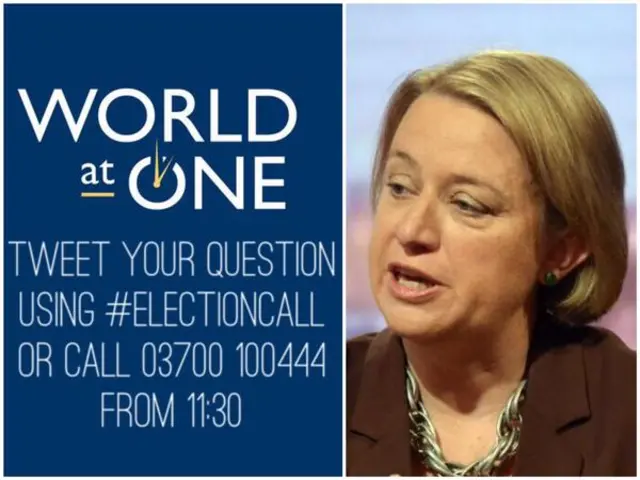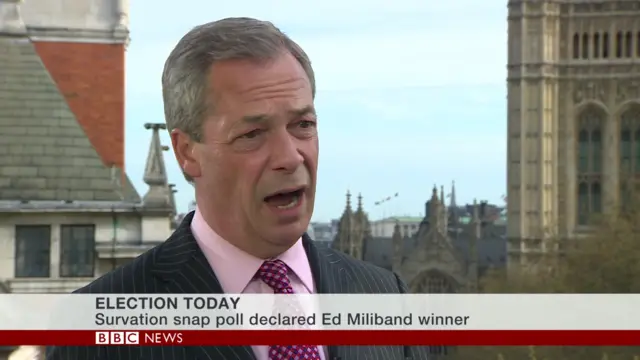Good telly? A critic's opinionpublished at 10:22
Paul Jones, deputy editor of RadioTimes.com
Quote MessageAs is probably fitting, last night's BBC Election Debate in Westminster’s Central Hall was a more soberly staged affair than ITV's multi-coloured MediaCity gameshow earlier this month, but I must admit to having missed the Weakest Link set up. To be fair, it's hard to imagine David Dimbleby matching Julie Etchingham's Anne Robinson impersonation - his proper place is pointing at people with a pen from behind a desk, not demanding answers from behind a podium - and 90 minutes is a long time on your feet at that age. But it wasn't just the lack of gimmicks that made this seem like less of a spectacle - the stage felt empty with just five candidates. The others certainly missed the prime minister, with Nicola Sturgeon, Leanne Wood and Natalie Bennett all condemning his absence and Ed Miliband making his final address, not to the voters, but direct down the camera to David Cameron. What must that do to your ego, when you're relaxing in front of the TV of an evening? In the PM's absence, Nigel Farage took the brunt of the abuse and only the most hard-hearted viewer won't have felt a pang of sympathy at the end when he was left shuffling his papers on the far right of the stage while the others gathered on the left to shake hands - but not necessarily, of course, to discuss working together…
